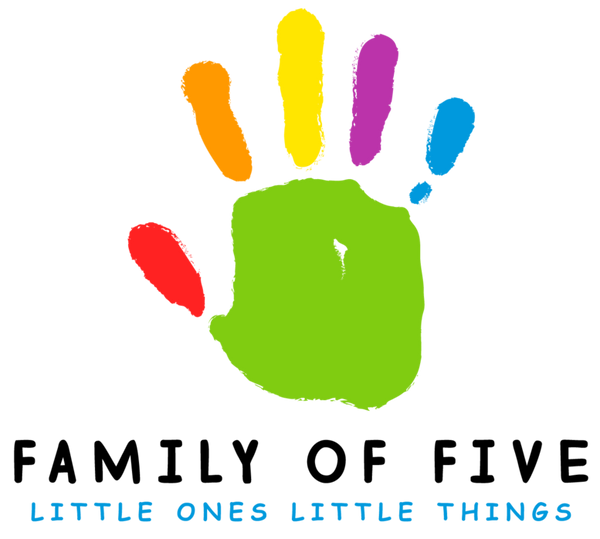Puzzles: A Fun and Engaging Adventure for Children of All Ages
Share
Puzzles have been a beloved activity for generations, providing hours of entertainment and challenge for both kids and adults. From jigsaw puzzles to crosswords and logic puzzles, these games help improve problem-solving skills, spatial awareness, and hand-eye coordination. But with so many types of puzzles out there, it can be hard to know where to begin, especially when it comes to choosing the right one for your child.
Fear not! In this blog post, we'll be exploring the different types of puzzles available for children of varying ages, from toddlers to seven-year-olds. Whether you're seeking a fun activity in a rainy day for your little one or looking to inspire your older child's development, we've got you covered.
Starting with the little ones, how many pieces should a 5-year-old's puzzle have?
For a five-year-old, puzzles with 20 to 50 pieces are the perfect fit. At this age, children have already developed their fine motor skills and can handle small pieces with ease. Plus, solving simple puzzles will boost their problem-solving skills and confidence.
But what about a 3-year-old?
For three-year-olds, puzzles with 6 to 20 pieces are the ideal choice. At this stage, children are still growing their fine motor skills, so it's crucial to choose puzzles that are easy to handle. This will prevent frustration and encourage them to keep playing and learning.
And finally, how many pieces should a 7-year-old's puzzle have?
For seven-year-olds, puzzles with 50 to 100 pieces are the way to go. At this age, children have the dexterity and problem-solving skills to take on more challenging puzzles, and they'll enjoy the added excitement.
Puzzles by Age Group: The Adventure Begins!
With so many options available, it's easy to find the perfect puzzle for your child, no matter their age. From toddler puzzles to complex jigsaw puzzles, there's something for everyone. The key is to consider their age, dexterity, and interest level when choosing a puzzle.
For toddlers, simple puzzles with large pieces and eye-catching designs are the way to go. These puzzles help with hand-eye coordination and encourage exploration of the environment.
As children grow older, they can tackle more complex puzzles, such as crosswords and logic puzzles. These games improve critical thinking and problem-solving skills.
When can toddlers start playing puzzles?
Toddlers can start as early as 18 months old! Just remember to choose age-appropriate puzzles with large pieces and bright designs to prevent frustration and keep the fun going.
In conclusion, puzzles are a fantastic way to engage and entertain children of all ages. Whether your child is a toddler or a seven-year-old, there's a perfect puzzle out there for them. By considering their age, dexterity, and interest level, you'll find the right puzzle to help them learn and have a blast all at once!
